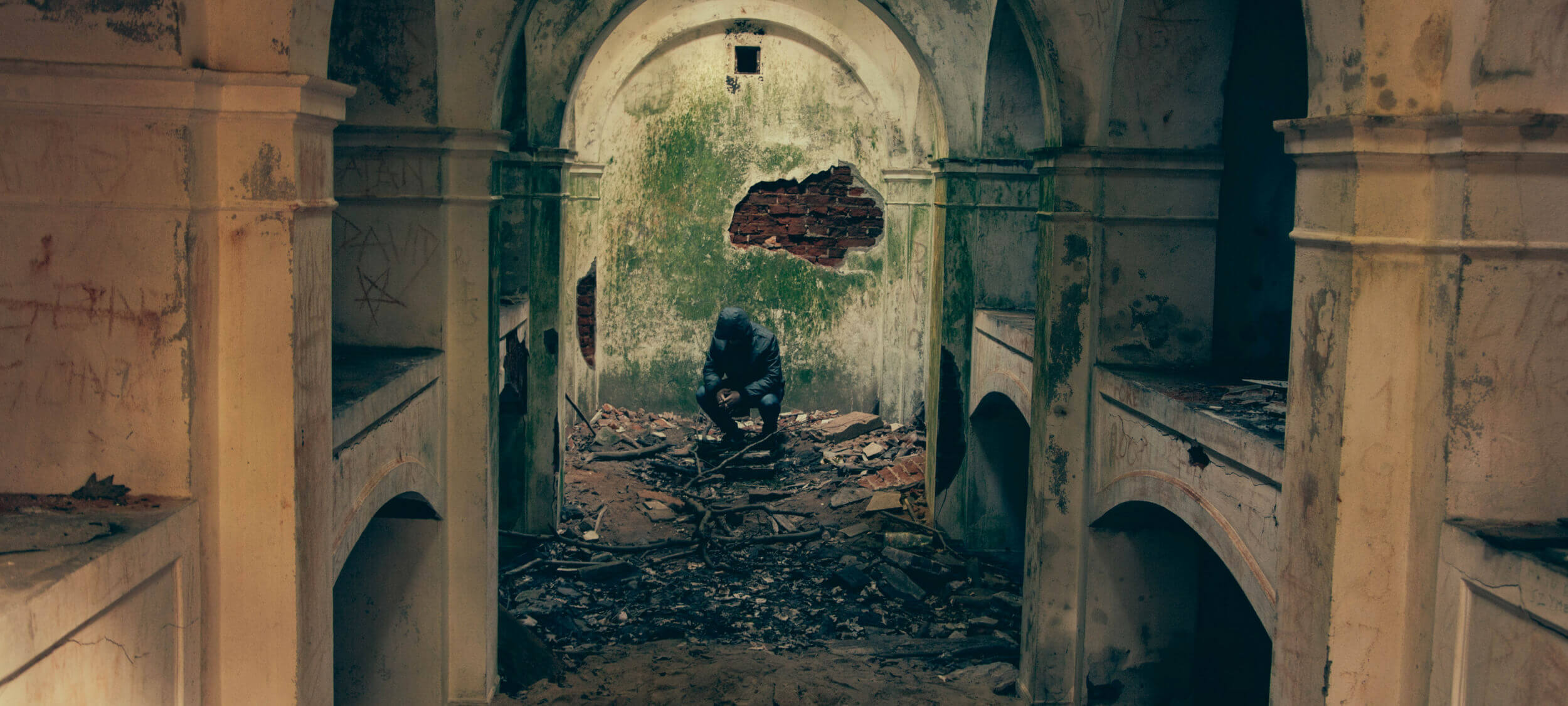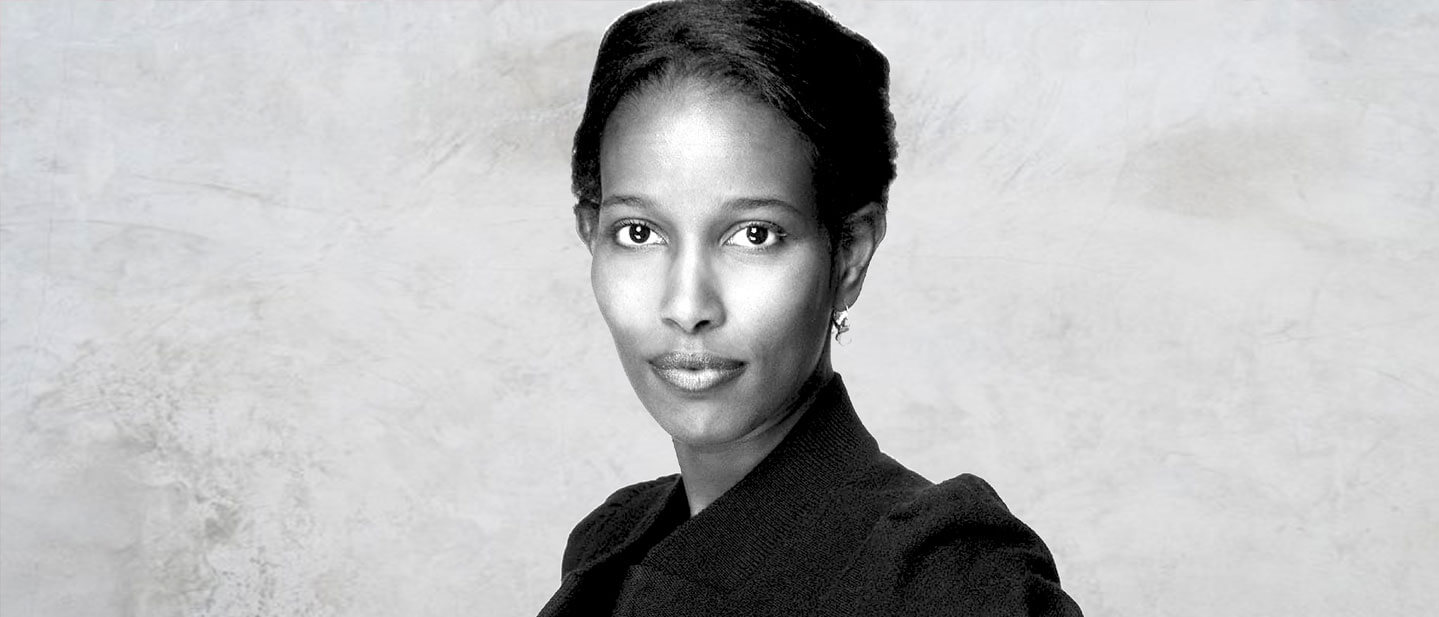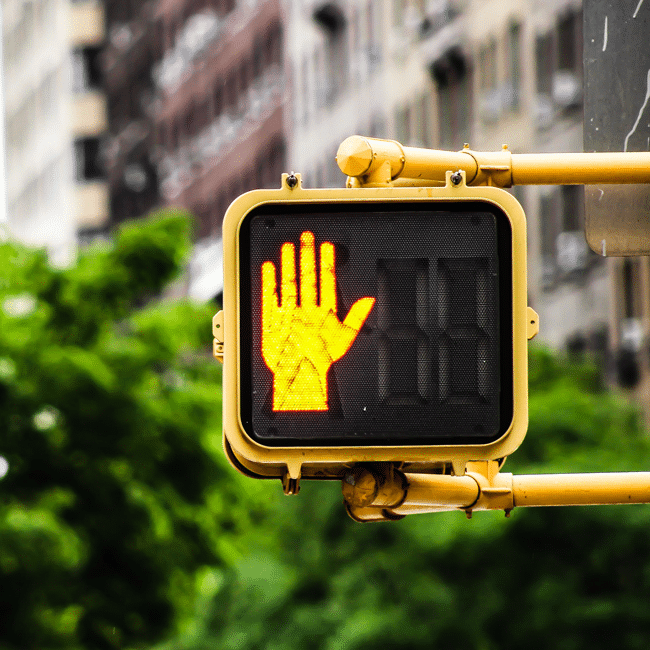
‘Eye in the Sky’ and drone warfare
Opinion + AnalysisHealth + WellbeingPolitics + Human Rights
BY The Ethics Centre 18 MAR 2016
Warning – general plot spoilers to follow.
Collateral damage
Eye in the Sky begins as a joint British and US surveillance operation against known terrorists in Nairobi. During the operation, it becomes clear a terrorist attack is imminent, so the goals shift from surveillance to seek and destroy.
Moments before firing on the compound, drone pilots Steve Watts (Aaron Paul) and Carrie Gershon (Phoebe Fox) see a young girl setting up a bread stand near the target. Is her life acceptable collateral damage if her death saves many more people?
In military ethics, the question of collateral damage is a central point of discussion. The principle of ‘non-combatant immunity’ requires no civilian be intentionally targeted, but it doesn’t follow from this that all civilian casualties are unethical.
Most scholars and some Eye in the Sky characters, such as Colonel Katherine Powell (Helen Mirren), accept even foreseeable casualties can be justified under certain conditions – for instance, if the attack is necessary, the military benefits outweigh the negative side effects and all reasonable measures have been taken to avoid civilian casualties.
Risk-free warfare
The military and ethical advantages of drone strikes are obvious. By operating remotely, we prevent the risk of our military men and women being physically harmed. Drone strikes are also becoming increasingly precise and surveillance resources mean collateral damage can be minimised.
However, the damage radius of a missile strike drastically exceeds most infantry weapons – meaning the tools used by drones are often less discriminate than soldiers on the ground carrying rifles. If collateral damage is only justified when reasonable measures have been taken to reduce the risk to civilians, is drone warfare morally justified, or does it simply shift the risk away from our war fighters to the civilian population? The key question here is what counts as a reasonable measure – how much are we permitted to reduce the risk to our own troops?
Eye in the Sky forces us to confront the ethical complexity of war.
Reducing risk can also have consequences for the morale of soldiers. Christian Enemark, for example, suggests that drone warfare marks “the end of courage”. He wonders in what sense we can call drone pilots ‘warriors’ at all.
The risk-free nature of a drone strike means that he or she requires none of the courage that for millennia has distinguished the warrior from all other kinds of killers.
How then should drone operators be regarded? Are these grounded aviators merely technicians of death, at best deserving only admiration for their competent application of technical skills? If not, by what measure can they be reasonably compared to warriors?
Moral costs of killing
Throughout the film, military commanders Catherine Powell and Frank Benson (Alan Rickman) make a compelling consequentialist argument for killing the terrorists despite the fact it will kill the innocent girl. The suicide bombers, if allowed to escape, are likely to kill dozens of innocent people. If the cost of stopping them is one life, the ‘moral maths’ seems to check out.
Ultimately it is the pilot, Steve Watts, who has to take the shot. If he fires, it is by his hand a girl will die. This knowledge carries a serious ethical and psychological toll, even if he thinks it was the right thing to do.
There is evidence suggesting drone pilots suffer from Post Traumatic Stress Disorder (PTSD) and other forms of trauma at the same rates as pilots of manned aircraft. This can arise even if they haven’t killed any civilians. Drone pilots not only kill their targets, they observe them for weeks beforehand, coming to know their targets’ habits, families and communities. This means they humanise their targets in a way many manned pilots do not – and this too has psychological implications.
Who is responsible?
Modern military ethics insist all warriors have a moral obligation to refuse illegal or unethical orders. This sits in contrast to older approaches, by which soldiers had an absolute duty to obey. St Augustine, an early writer on the ethics of war, called soldiers “swords in the hand” of their commanders.
In a sense, drone pilots are treated in the same way. In Eye in the Sky, a huge number of senior decision-makers debate whether or not to take the shot. However, as Powell laments, “no one wants to take responsibility for pulling the trigger”. Who is responsible? The pilot who has to press the button? The highest authority in the ‘kill chain’? Or the terrorists for putting everyone in this position to begin with?
Ethics in your inbox.
Get the latest inspiration, intelligence, events & more.
By signing up you agree to our privacy policy
You might be interested in…
Opinion + Analysis
Health + Wellbeing, Politics + Human Rights
Disease in a Time of Uncertainty
Opinion + Analysis
Politics + Human Rights
Why Anzac Day’s soft power is so important to social cohesion
Big thinker
Politics + Human Rights
Big Thinker: Ayaan Hirsi Ali
Opinion + Analysis
Politics + Human Rights, Society + Culture




